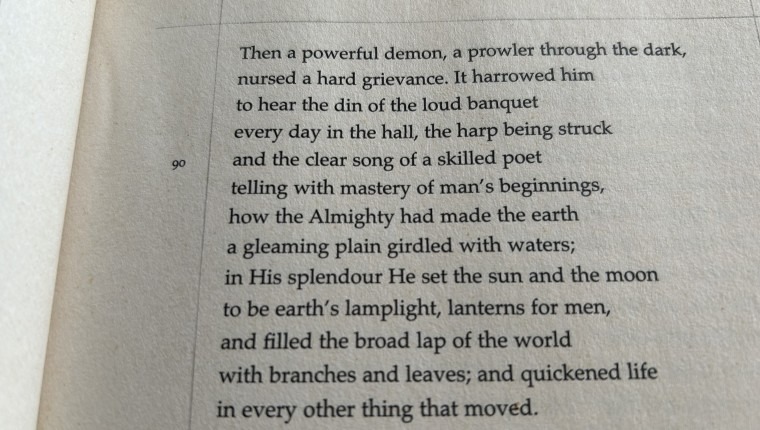Why Poetry?
A better question might be, why not? The story forms we currently rely on are video games, streaming, and maybe reality shows that package how we live or want to live. According to a recent NEA (National Endowment for the Arts) report, about 12 percent of the American reading public listen to poetry, many through broadcasts, recordings, video and audio streams. It seems possible, then, to see poetry returning to its ancient aural roots.
The earliest forms of poetry include oral history, family genealogy, hunting songs, court presentations, epic tales. Poetry is also closely related to music, hymns, chants, hunting songs. And spoken word projects, as recognized by the Poetry Foundation, refers to performance art such as storytelling, and the traditions of folk music, jazz, rap, rock, the blues, and hip hop. Even stand-up comedy. These days, poetry on the page may appear chiefly in literary magazines and academic presses. Yet poetry as spoken and shared is alive and beneficial to us whenever we encounter it in everyday settings.
What do we seek as we listen to words? Information, perhaps. More likely, distraction, companionship. Yet quickly taking in words can spin us out of balance: we hear more than we need, absorb less than we want. Reading (or listening to) a poem can put the brakes on a speeding mind. Poems ask us to slow down, to hesitate, question, reply. A poem calls out our curiosity, and even more, our patience.
If a word or image in a poem connects to something we feel, then we share a view of the world with someone. The poem becomes a bridge between author and reader. That’s at least one good reason to shake hands with poetry, an art form that reaches back over centuries.



